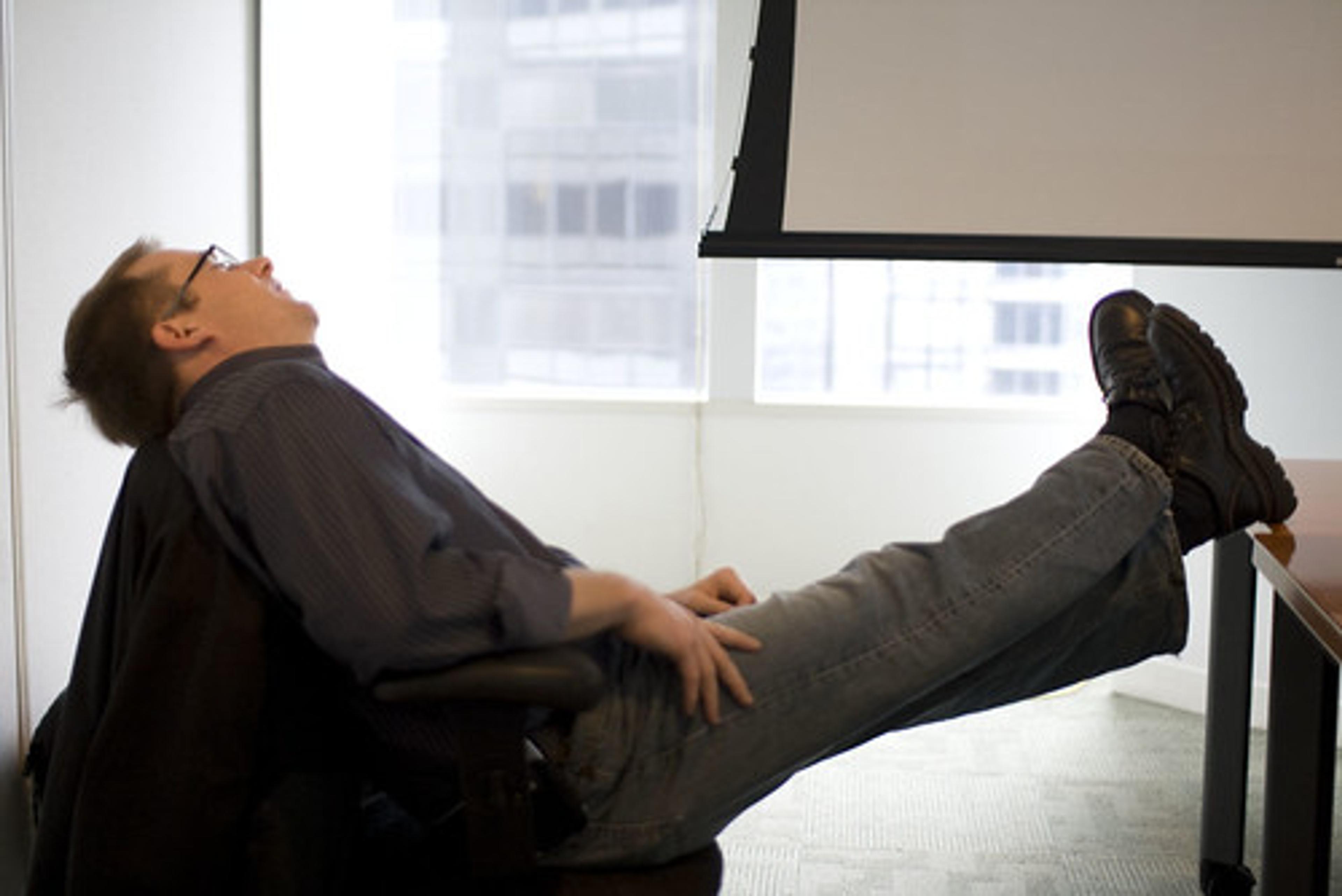Avoiding The Slump: Combating That 2:30 Feeling
Lauren King
| 2 min read

After having worked in the corporate world for some time now, I’ve come to the realization that we are our most productive selves during the first half of the day. Even after getting a full night’s sleep and waking up feeling refreshed, it still seems as though we all are inevitably dragging by the time mid-afternoon rolls around.
Why Does This Happen?
According to WebMD, there are two main reasons that our bodies begin to feel tired between 2 and 4 P.M. The first is that our core body temperatures drop during this time frame, telling the brain to release melatonin. This incidentally is the same process that occurs right before we fall asleep – just on a smaller scale.
Although our bodies play a large role in our level of alertness, we ourselves are not completely free of blame when it comes to sleepiness. Another major contributing factor is that we often do not take the time to fill our bodies with sufficient nutrients, making it hard to maintain alertness throughout the day. I’m sure many of us are guilty of running out of the house with just a coffee in hand, or heading to the vending machine for a quick caffeine fix. While these may seem like viable alternatives to an actual meal, they are not as effective in providing a lasting energy boost.
Fighting It Off
Here are a few possible ways of beating the afternoon slump that so often affects us:
- Getting an adequate amount of sleep
- Eating protein during both breakfast and lunch
- Keeping your sugar intake to a minimum
- Taking a walk during lunch
- Eating a simple and healthy snack every 3 hours
How do you keep yourself from getting sleepy during the workday?
Photo credit: leepus





